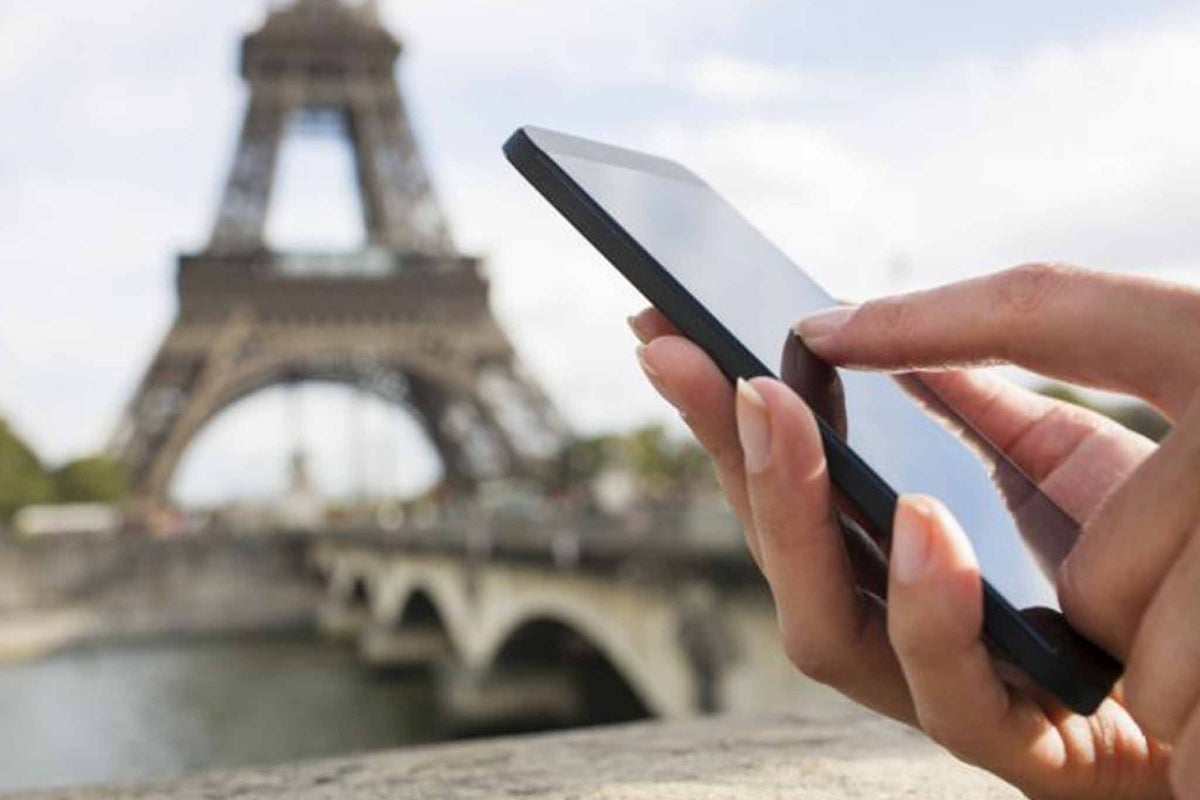Your support helps us to tell the story
From reproductive rights to climate change to Big Tech, The Independent is on the ground when the story is developing. Whether it’s investigating the financials of Elon Musk’s pro-Trump PAC or producing our latest documentary, ‘The A Word’, which shines a light on the American women fighting for reproductive rights, we know how important it is to parse out the facts from the messaging.
At such a critical moment in US history, we need reporters on the ground. Your donation allows us to keep sending journalists to speak to both sides of the story.
The Independent is trusted by Americans across the entire political spectrum. And unlike many other quality news outlets, we choose not to lock Americans out of our reporting and analysis with paywalls. We believe quality journalism should be available to everyone, paid for by those who can afford it.
Your support makes all the difference.Read more
Efforts by ministers to return free roaming to UK travellers appear doomed to failure, with European governments fearing their citizens could subsidise British holidaymakers.
One of the most tangible benefits to British travellers of membership of the European Union was the gradual reduction – and finally the removal – of international roaming charges for mobile phone use across Europe.
While a member of the EU, the UK had championed the “Roam Like at Home” deal. It relies upon Brussels-imposed caps on the wholesale rates that mobile phone providers can charge foreign counterparts.
The British gained most from the deal, with tens of millions of travellers heading for Europe each year.
But when the Brexit transition phase reached an end on 31 December 2020, so too did free roaming.
The DCMS said on that day: “A number of mobile operators have stated that they have no current plans to change their mobile roaming policies.”
But change they did, with EE, Three and Vodafone soon introducing charges. Of the big providers, only O2 still allows free roaming.
The Telegraph is now reporting that Keir Starmer tried to persuade EU negotiators to allow the UK back into the free roaming deal as part of the “Brexit reset”.
Under the headline “Cheap holiday phone use blocked by EU in another Brexit reset failure,” the newspaper says the prime minister “had attempted to end roaming charges for UK tourists on the Continent by requesting that they be allowed back into a scheme letting travellers use mobile data at local rates when abroad”.
Southern European nations including Spain and Italy objected, The Telegraph says.
Had the UK been allowed to rejoin the harmonised roaming zone, telecom providers in popular holiday hotspots would have had to cut the wholesale charges they make to British mobile networks. This loss of revenue could mean domestic consumers paying more.
An “explanatory memorandum” to a statutory instrument issued by the Boris Johnson government in 2019 makes it clear that roaming charges were set to rise after Brexit.
The document says: “The costs of regulating retail roaming charges without harmonised wholesale charges may lead to roaming becoming unaffordable for many operators.
“This would then lead to roaming services being removed from some packages used by customers, or mobile services as a whole becoming more expensive to compensate for the increased costs.
“Only by limiting wholesale roaming rates, can operators guarantee not to charge customers for roaming services.
“It will not be possible to impose a limit on the wholesale charges faced by UK operators when their customers use networks owned by EU operators.
“This instrument therefore removes provisions requiring guaranteed surcharge-free roaming.”
In 2022, then-culture secretary Nadine Dorries claimed in a post on X (formerly Twitter): “We proposed to the European Commission that maintaining surcharge free mobile roaming be part of Brexit negotiations. They rejected that.”
In fact, the only reference in the Draft UK Negotiating Document was to discuss roaming charges three years after the Brexit agreement took effect.
